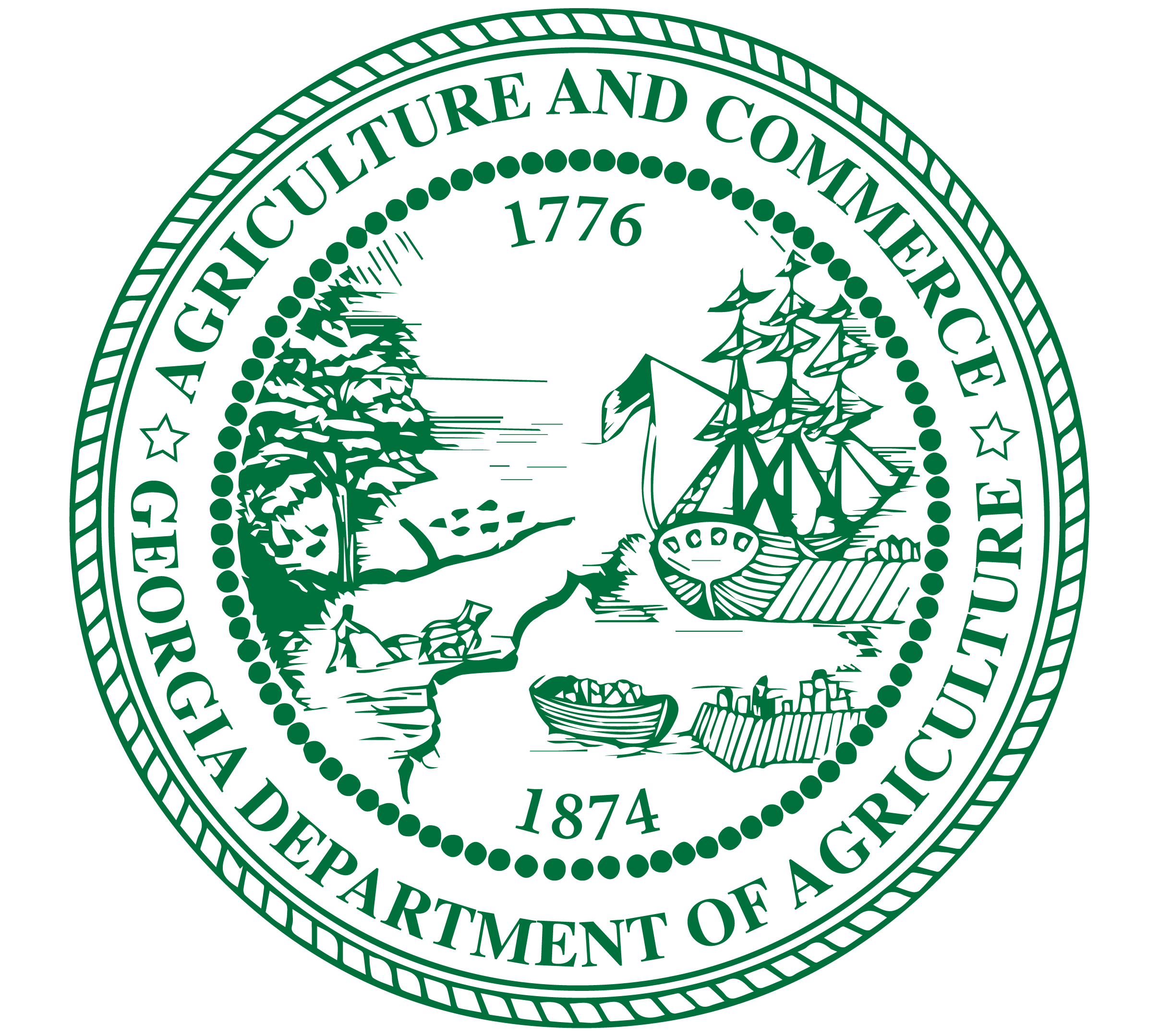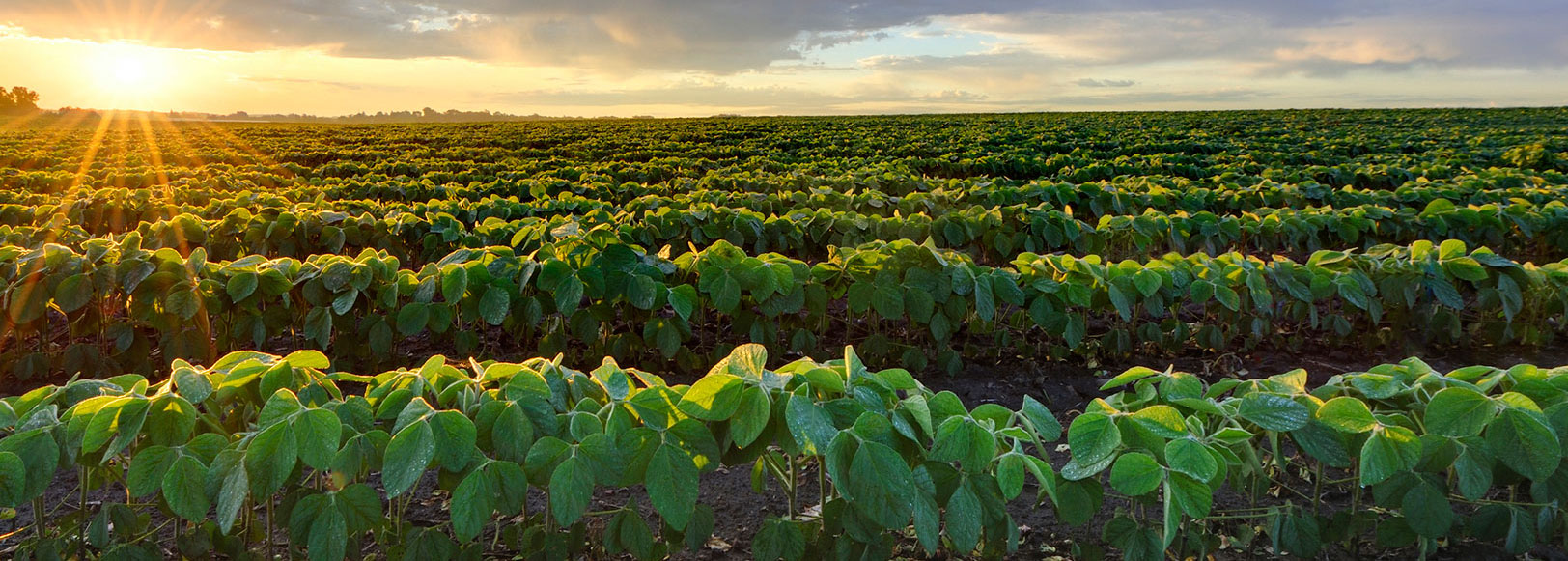Press Release
FOR IMMEDIATE RELEASE
Tuesday, October 23, 2018
Office of Communications
404-656-3689
Updated Damage Assessments from Hurricane Michael Released
Atlanta, Ga. – New and updated damage assessments continue to show unprecedented losses for Georgia’s number one industry. “These estimations are a clear indicator of the unfortunate devastation many of our farmers and farm families have had to endure," said Georgia Agriculture Commissioner Gary W. Black. "These staggering numbers are tough to read, but Georgia farmers have shown great resilience through this unsettling time and we will continue to stand with them.”
University of Georgia Extension reported an updated damage assessment of $550 to $600 million in cotton crop loss due to Hurricane Michael. This further narrows the initial estimate of $300 to $800 million released last week. Last year, cotton was one of the leading cash row crops in Georgia producing 2.25 million bales of cotton lint at an estimated market value of $794.9 million.
“This was shaping up to be the best cotton crop ever. Ever. I’ve never seen a cotton crop this good,” said Georgia State Representative Clay Pirkle. “I’ve only been farming about 25 years. My dad has been farming 50. He’s never seen anything like this, in terms of the devastation or the potential crop that we had.”
Numerical losses to the landscape and green industry have been added to the amass of damage from Hurricane Michael. University of Georgia Extension estimates a $13 million loss to this growing sector in Georgia’s economy.
However, some of the updates have brought better than expected news. The Georgia Forestry Commission released a detailed analysis showing damage to more than two million acres of forestland, resulting in a $374 million total loss, a significant decrease from the initial estimates of $1 billion. Georgia Forestry Commission Director Chuck Williams reported that about 79,000 acres of forest are a complete loss with the most severe damage documented in the southwest counties where the storm entered the state. In 2017, Georgia led the nation in the volume of annual timber harvested.
“Once our crews were able to get on the ground and conduct a thorough assessment, we were able to provide a value estimate that is much less than anticipated, thankfully,” Director Williams said. “A couple of factors affected the lesser valuations - the hardest hit areas weren't as densely forested, and more forested acres fell into the "moderate damage" classification.”
Further assessments of Georgia’s other commodities are ongoing, but previous estimates on produce, pecans and poultry continue to remain steady. Georgia’s high-yielding vegetables, sweet corn, cucumbers, squash, peppers, tomatoes and peas are estimated to have received a $480 million loss. Georgia pecan farmers in southwest Georgia continue to salvage what they can of a commodity that took an estimated $560 million loss that many are describing as a generational loss. Hurricane Michael will also have a lasting impact on Georgia’s poultry industry with the loss of 97 houses and more than 2 million chickens. The losses calculate to an estimated $25 million.
Estimations of peanut losses are still ongoing. The ability and time it takes to repair infrastructure and restore power will serve as a major factor on the final loss estimates which currently range from $10 to $20 million.
“As president of Georgia Farm Bureau, I want to encourage our people, the farmers, to be patient, said farmer and president of the Georgia Farm Bureau, Gerald Long. “We’re at one of our lowest moments in life, and patience is tough right now.”
Governor Nathan Deal has called for a special legislative session set to convene on Tuesday, Nov. 13. Governor Deal is urging the state legislature to take immediate action in spurring rapid economic recovery for southwest Georgia communities impacted by Hurricane Micheal.
For more information, including quotes, photos and video, visit agr.georgia.gov/gda-hurricane-response.aspx
###


